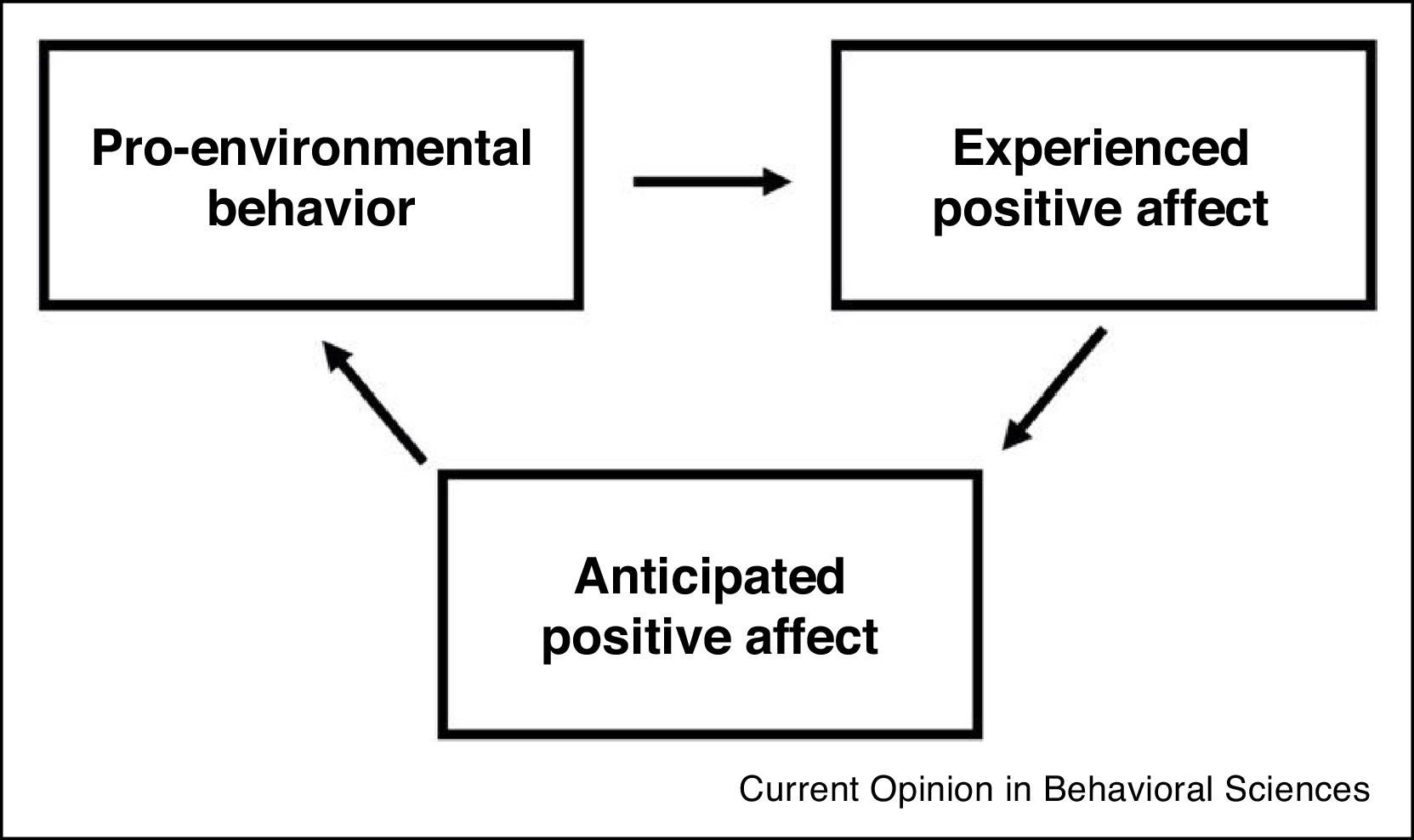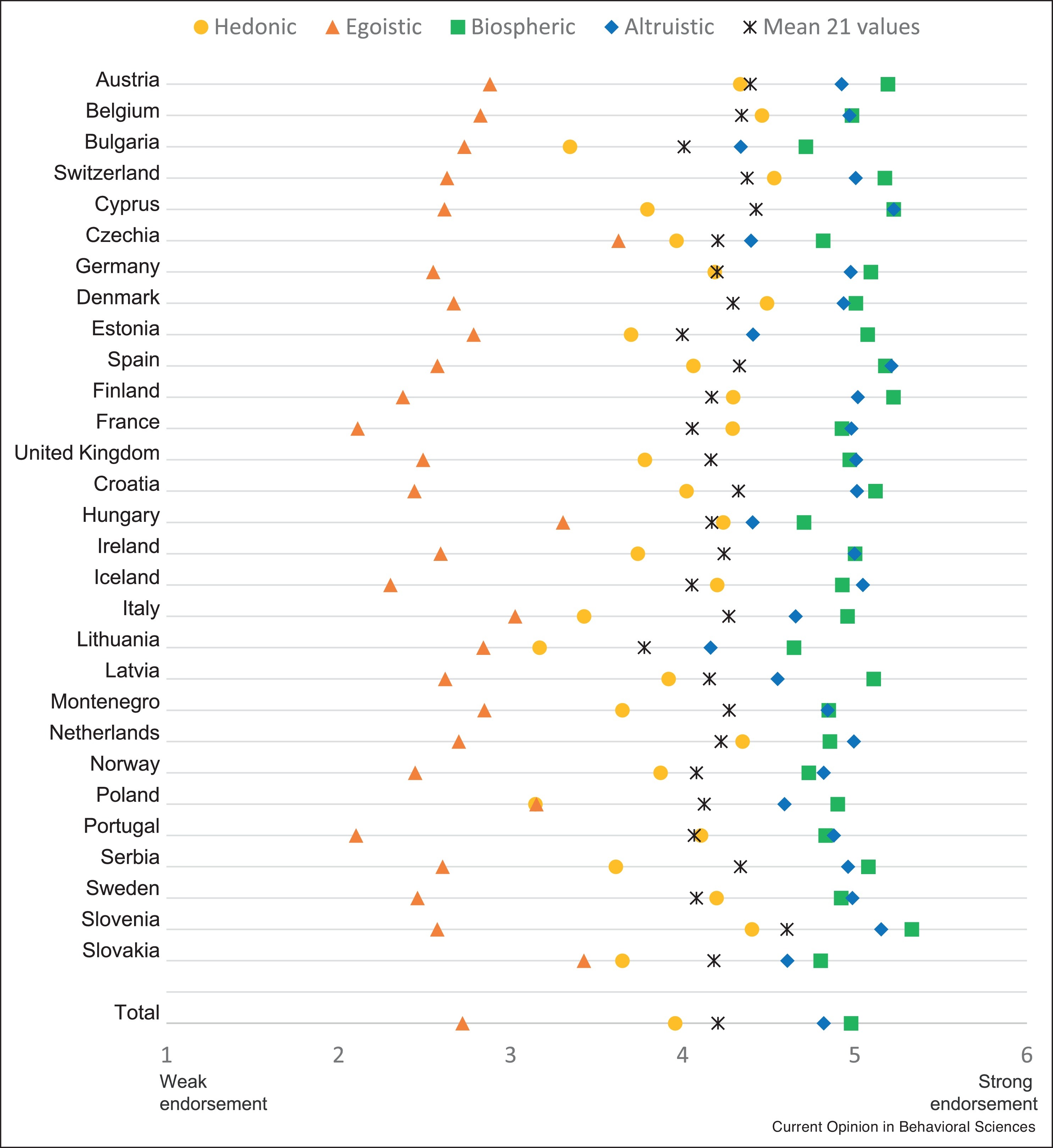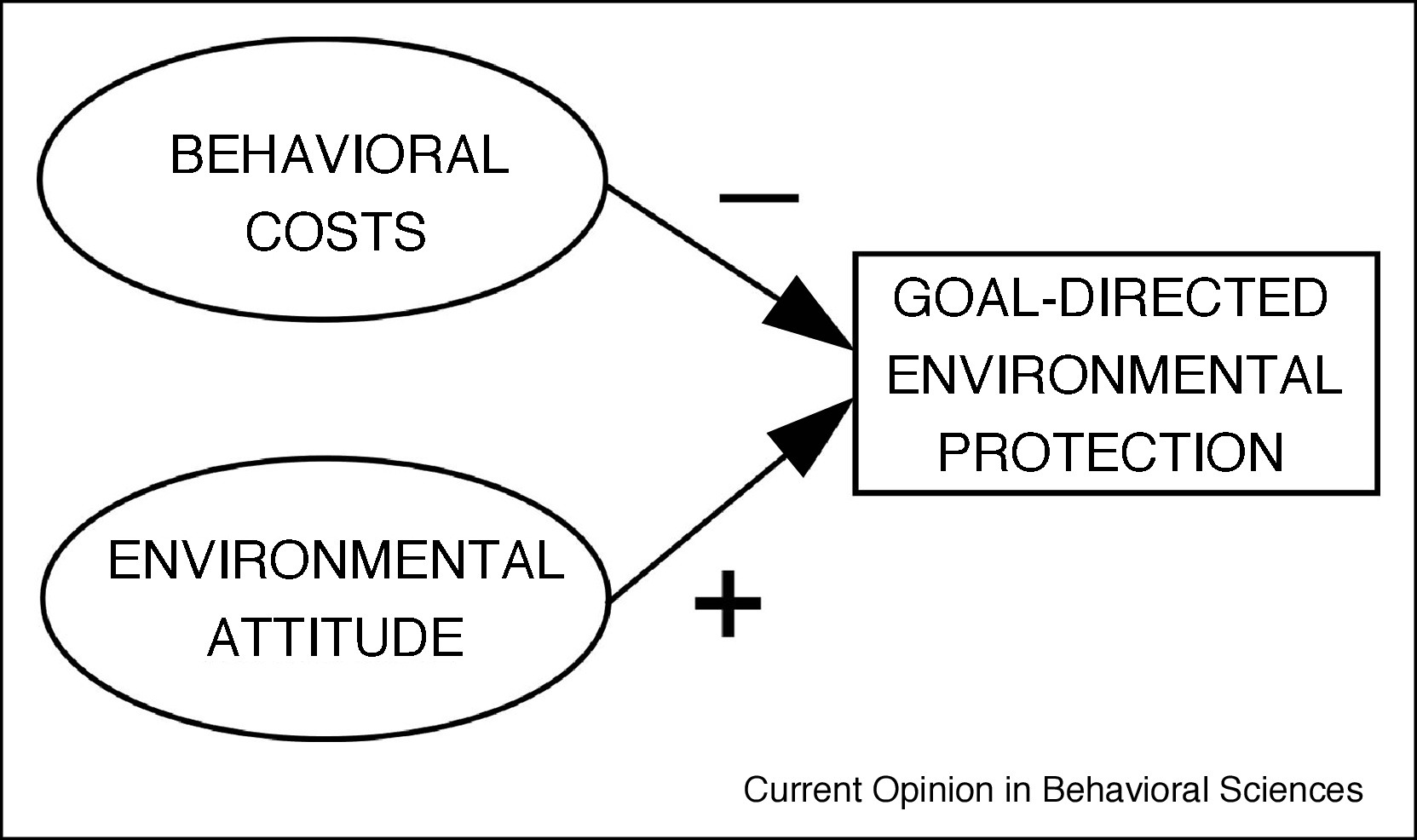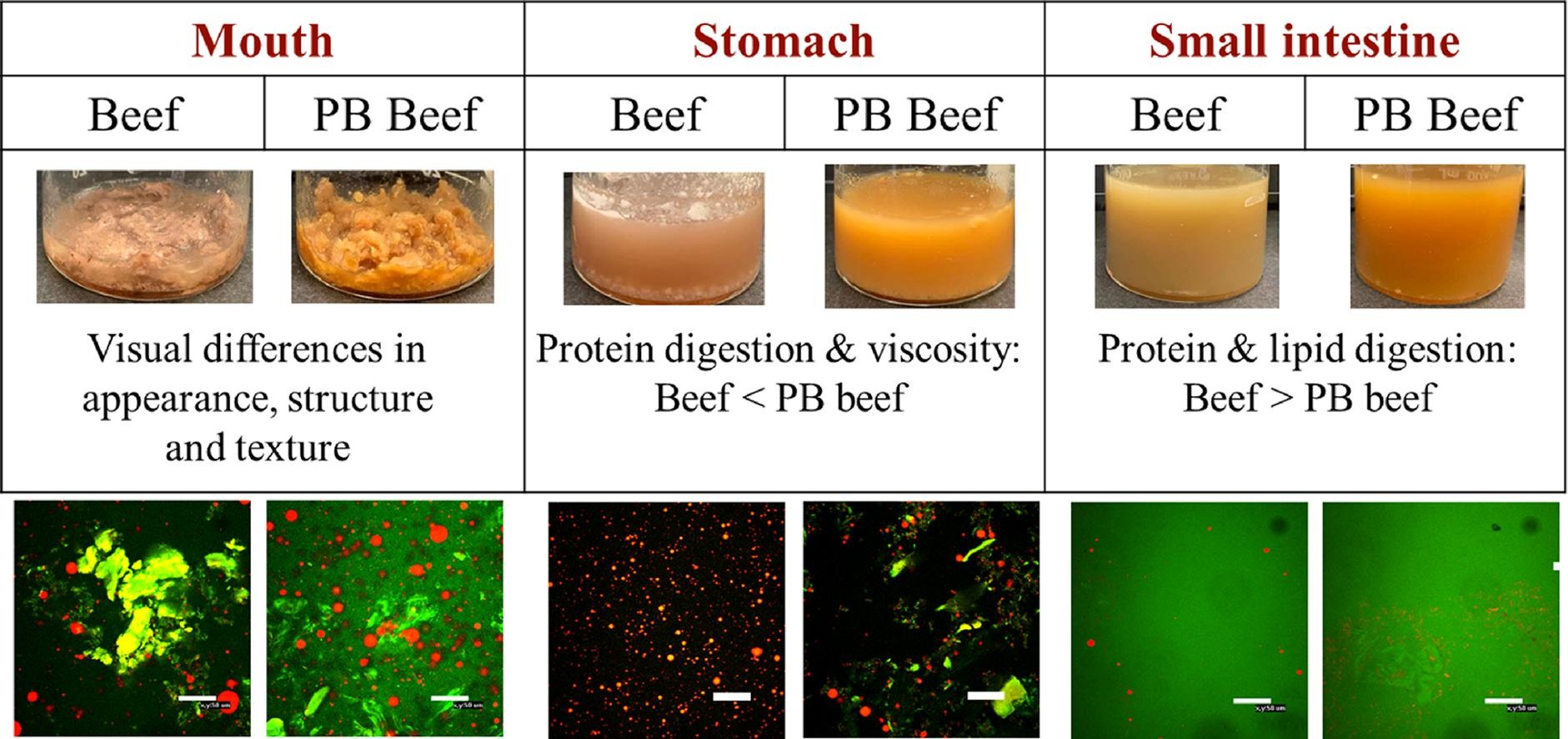Resources Policy, Volume 74, December 2021
With the rapid development of China's economy, it has become crucial to achieve the right balance between economic development and environmental protection. Green growth is a significant approach to addressing the relationship between economic development and the environment. Low-carbon development and ecological protection are two essential aspects of green development, and they tremendously impact enterprises' resource-based supply chain. Hence, this paper seeks to explore the revenue distribution mechanism of the resource-based supply chain in the context of green development.
Food Chemistry, Volume 364, 1 December 2021
Plant-based meat analogs are likely to have different gastrointestinal fates than real meat products due to differences in their compositions and structures. Here, we compared the gastrointestinal fate of ground beef and ground beef analogs using the INFOGEST in vitro digestion model, focusing on differences in microstructure, physicochemical properties, lipid digestion, and protein digestion in different regions of the model gut.
Food Quality and Preference, Volume 94, December 2021
Using data from Eurobarometer 83.4, this study combines the two branches of research that address climate-related and biodiversity-related opinions and actions of individuals in the EU. The literature shows that the differences between climate-related and biodiversity-related policies correspond, at an individual level, to a person's basic attitudes towards environmental protection and towards nature protection, respectively.
Future Foods, Volume 4, December 2021
The global market for plant-based foods intended as alternatives to cheese products is increasing and will reach almost $4 billion by 2024. In this study, an evaluation of the composition, structure and physicochemical properties of four commercial plant-based block-style products was conducted, with results compared with those for Cheddar and processed cheeses. The plant-based products had considerably lower protein contents (0.11–3.00%) compared to the Cheddar and processed cheeses (25.04 and 18.50%, respectively).
Future Foods, Volume 4, December 2021
Substitution of beef with alternative proteins is one practical trend taken by industry and consumers to reduce the negative impact of convenience products on the environment. Numerous products based on plant, insect and fungi proteins compete to replace beef burgers in an environmentally friendly and healthy way. At the same time, there is a lack of studies which assess different options from environmental impact perspective but also with consideration of production scales, recipes, nutritional values, and sensory properties.




